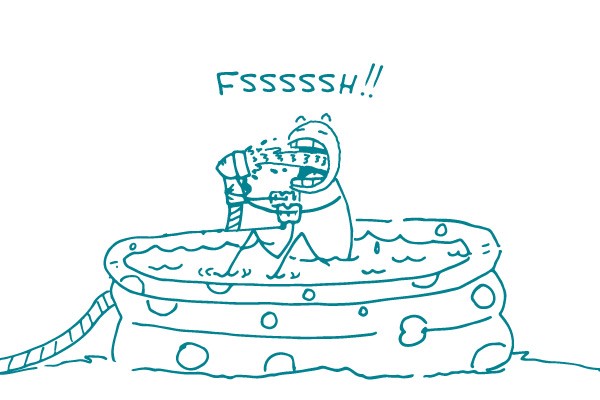
With summer around the corner, it’ll soon be time for things like picnics, long strolls in the park, and… helping people prevent dehydration. So here’s another installment of “Complicated health terms: When to skip them, when to teach them.”
As health educators, we often have to decide if a complex medical term is essential to our message or not. “Dehydration” is one of those words.
Say you’re writing a blog post about how to stay safe and healthy this summer. Since dehydration isn’t the only topic you’ll touch on, you don’t need to complicate things with that particular term. It’s probably enough to say: “Be sure to drink plenty of water because your body loses water when you sweat.”
On the other hand, if you’re writing something more in-depth that’s targeted to a particular audience — amateur athletes or older adults, perhaps — it makes sense to use “dehydration” and explain it. You might say something like:
Be sure to drink plenty of water when you’re out in hot weather. If you don’t drink enough, your body will lose too much water when you sweat — which can cause problems like headaches, dizziness, feeling tired, and muscle cramps. This is called dehydration, and it can be a very serious health problem.
The bottom line: Whether you need to use “dehydration” depends on your audience and the purpose of your material. Keep things simple and only use it when you need to.
Browse recent posts